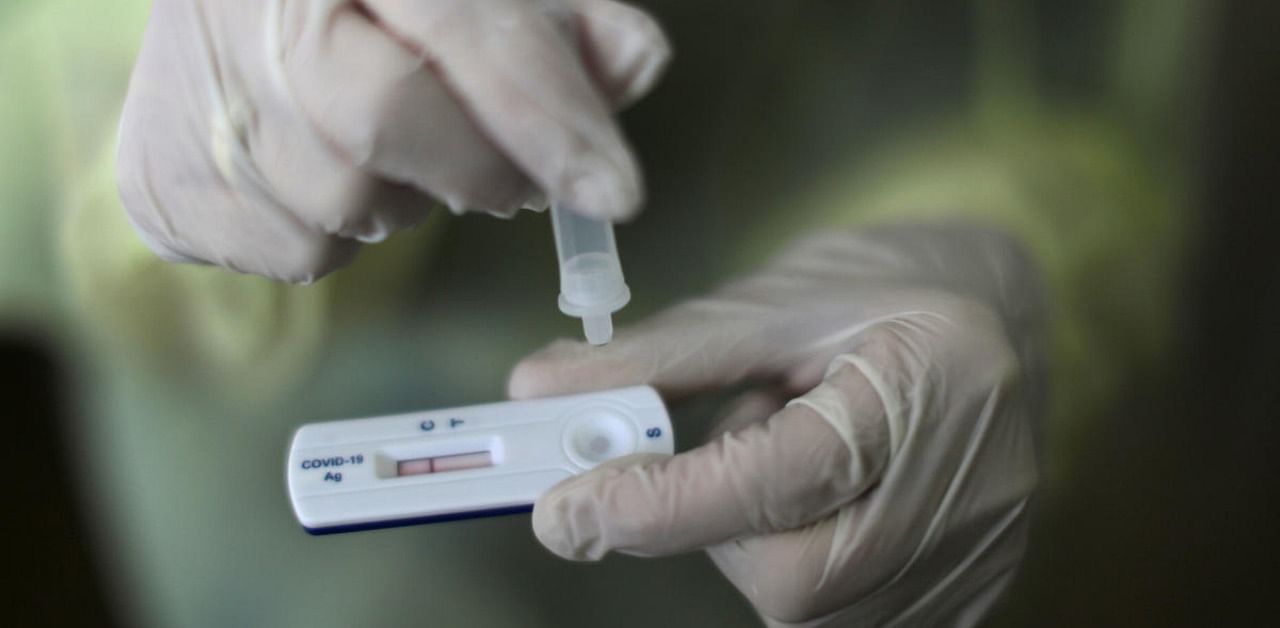
A $5 rapid test for the coronavirus may be nearly as effective as the slower, more complex polymerase chain reaction test for identifying people who may spread the coronavirus, a novel experiment has found.
The study, conducted by scientists at the University of California, San Francisco, is among the first head-to-head comparisons of a rapid test and the PCR diagnostic tool under real-world conditions.
But the number of participants was comparatively small, and the data have not been peer-reviewed or published. A rapid test still cannot conclusively determine that an individual is not infected; the tests are intended primarily to detect the presence of high levels of the virus, rather than its absence, and are authorized only to evaluate symptomatic people.
At the moment, anyone who has been exposed to the virus should be tested by PCR, said Joseph DeRisi, an infectious disease expert at UCSF and a co-leader of the project.
Still, the finding offers hope that rapid tests can be used even more widely to help contain the pandemic.
The new test, Abbott’s BinaxNOW, offers results in 15 minutes, compared with the days or weeks people may have to wait for a PCR result.
The study assessed the BinaxNOW in a largely Latino neighbourhood in San Francisco. On three mornings in late September, as commuters emerged from a BART train station in the Mission District, they were offered two nasal swabs: one for a PCR test, the other for the rapid test with a simple readout.
The commuters received only the PCR result, by text, but the researchers compared both tests.
Of the 878 people who took the tests at the train station, only 26 tested positive on the researchers’ PCR. BinaxNOW identified only 15 of them.
But many experts have argued that the PCR test is too sensitive, picking up fragments of the coronavirus lingering in the body long after people have recovered and are no longer infectious. A study by the company Becton Dickinson recently showed that rapid tests correlated better with the live virus than PCR.
When they only considered PCR results that corresponded to high viral loads, the researchers found that the BinaxNOW test detected 15 of the 16 people who were most likely to transmit the virus.
The new study was led by Unidos En Salud, a collaboration between researchers at UCSF and the Latino Task Force on Covid-19.